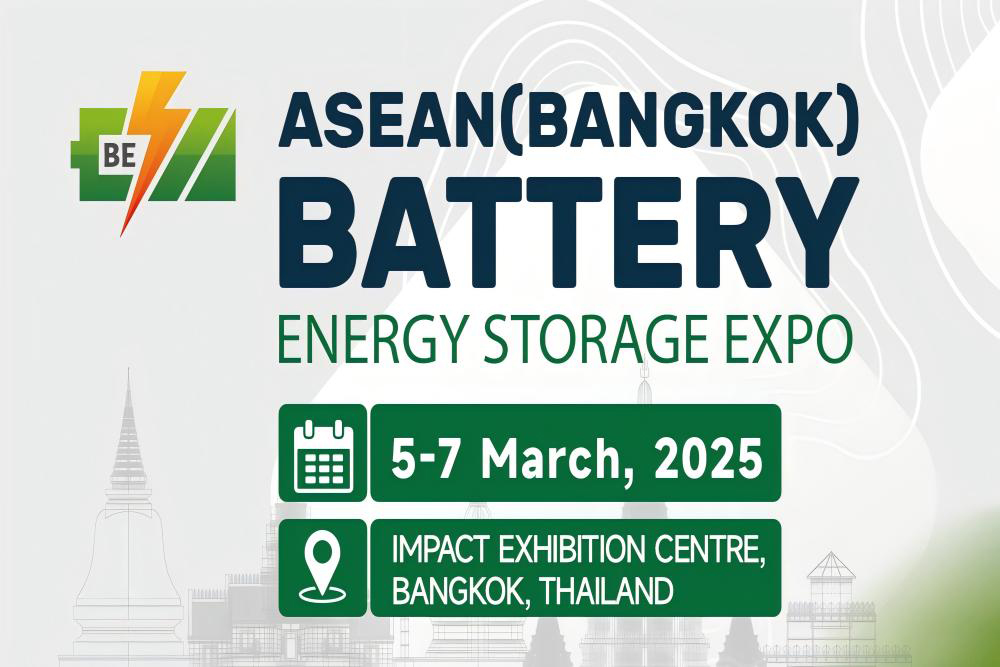
Australian engineers have unveiled a breakthrough water-based battery that could transform how households store rooftop solar energy — offering a solution that is safer, cheaper, and more efficient than existing lithium-ion systems.
Developed by researchers at Monash University, the next-generation “flow battery” leverages a new membrane technology that overcomes the traditional barriers of size and slow charging, making compact, high-performance home batteries a reality.
“We’ve taken a safe, affordable chemistry and made it fast enough to capture rooftop solar in real time,” said Wanqiao Liang, the study’s first author and a PhD candidate at the Department of Materials Science and Engineering.
“We’ve engineered a membrane that finally makes organic flow batteries competitive for residential and mid-scale storage.
“It opens the door to systems that are not only cheaper, but also safer and simpler to scale.”
Flow batteries, which store energy in liquids rather than solids, have long been used for large-scale applications due to their bulk and slow charge rates.
The Monash team’s innovation lies in a membrane that dramatically improves ion selectivity, allowing “the good ions through quickly while keeping unwanted ones out,” Liang explained.
“Our new membrane achieves this balance, allowing fast, stable operation even at high current densities.”
In rigorous testing, the battery completed 600 high-current cycles with virtually no capacity loss, outperforming the industry-standard Nafion membrane — a “major leap forward for this kind of battery,” Liang said.
The water-based design is non-toxic, non-flammable, and relies on abundant materials, sidestepping the critical minerals used in lithium-ion batteries.
“This is the kind of battery you’d want in your garage,” Liang noted.
“It’s non-toxic, non-flammable, and made from abundant materials, all while keeping up with solar power on a sunny day.”
The team is now 3D printing prototypes and testing them in real-world conditions. Liang is optimistic: “If the prototypes keep performing the way we expect, this could be on the market in a few years’ time.”
With costs expected to be significantly lower than the $10,000 price tag of current home lithium-ion systems, Monash’s flow battery could play a pivotal role in Australia’s transition to clean, self-sufficient energy.












